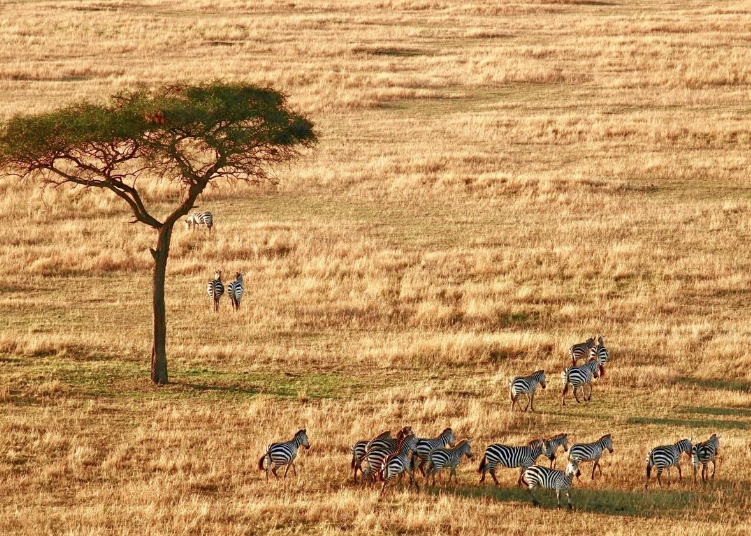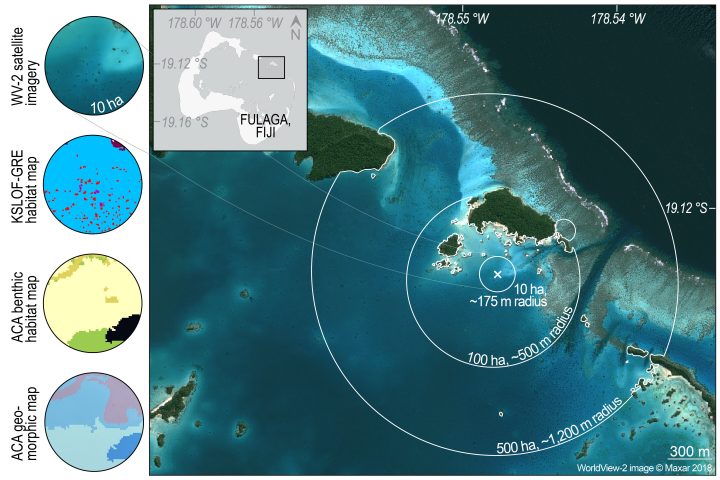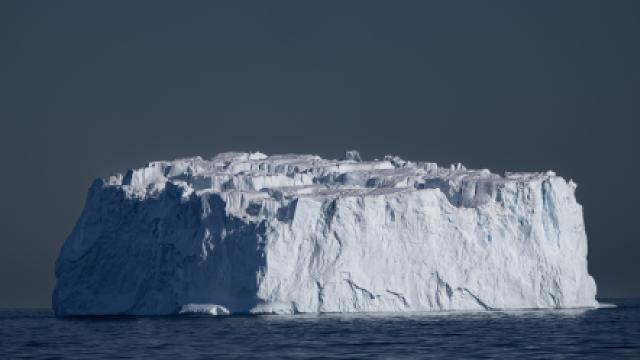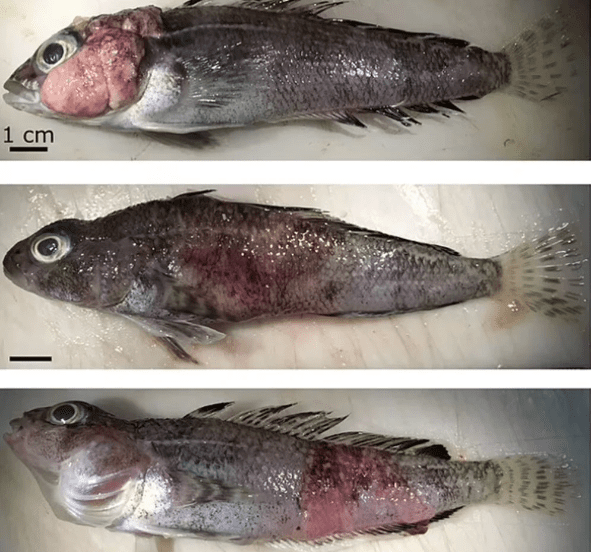A new study suggests that all species on Earth thrive at an “ideal” 20 degrees Celsius, and land species may struggle more to adapt to a changing climate.
A review of studies confirmed that the temperature ranges of animals, plants, and microbes living both in air and water overlap at 20 degrees.
Scientists say this temperature is “crucial” for biodiversity.
New Study: How Climate Change Threatens Biodiversity?
While many species have adapted to live in warmer and colder regions, many still thrive at 20 degrees.
“We find evidence that temperatures above 20°C are becoming increasingly less suitable for all life, including animals, plants, and prokaryotes,” the researchers write.
They believe this temperature is crucial for the efficiency of biological processes due to the molecular properties of water in cells.
The efficiency of chemical processes within cells increases as temperature increases, reaches a maximum, and then rapidly decreases when it gets too hot.
The researchers say this means that temperatures above 20 degrees Celsius could lead to some significant changes among organisms, such as a decrease in the tolerance of marine species to low oxygen levels.
In a warming world, species that cannot access suitable temperatures may struggle more to adapt.
According to the scientists’ article in The Conversation, marine species may adapt by changing their geographic distribution, while land species may not be able to move as easily “due to areas being modified by cities, agriculture, and other human infrastructure.”
The study also states that areas that experience constant temperatures above 20 degrees Celsius could lead to a decline in the species richness of the areas.
The scientists also found similar evidence in the fossil record, showing extinctions when temperatures remained above this threshold for long periods.
The findings add to the growing evidence that biodiversity, already declining above 20 degrees Celsius, will decline even further due to global warming.
The researchers warn that this could lead to a “simplification” of ecosystems, with fewer life forms found in many places.
They also say that there will be more competition between existing species, which could further reduce habitats.
This study highlights the critical importance of maintaining a stable global temperature within a range suitable for life on Earth. As climate change continues to push temperatures beyond this ideal range, we can expect to see significant and potentially devastating impacts on biodiversity and the integrity of ecosystems worldwide.
It is crucial that we take urgent action to reduce greenhouse gas emissions and mitigate the effects of climate change to protect the planet’s precious and diverse life.




